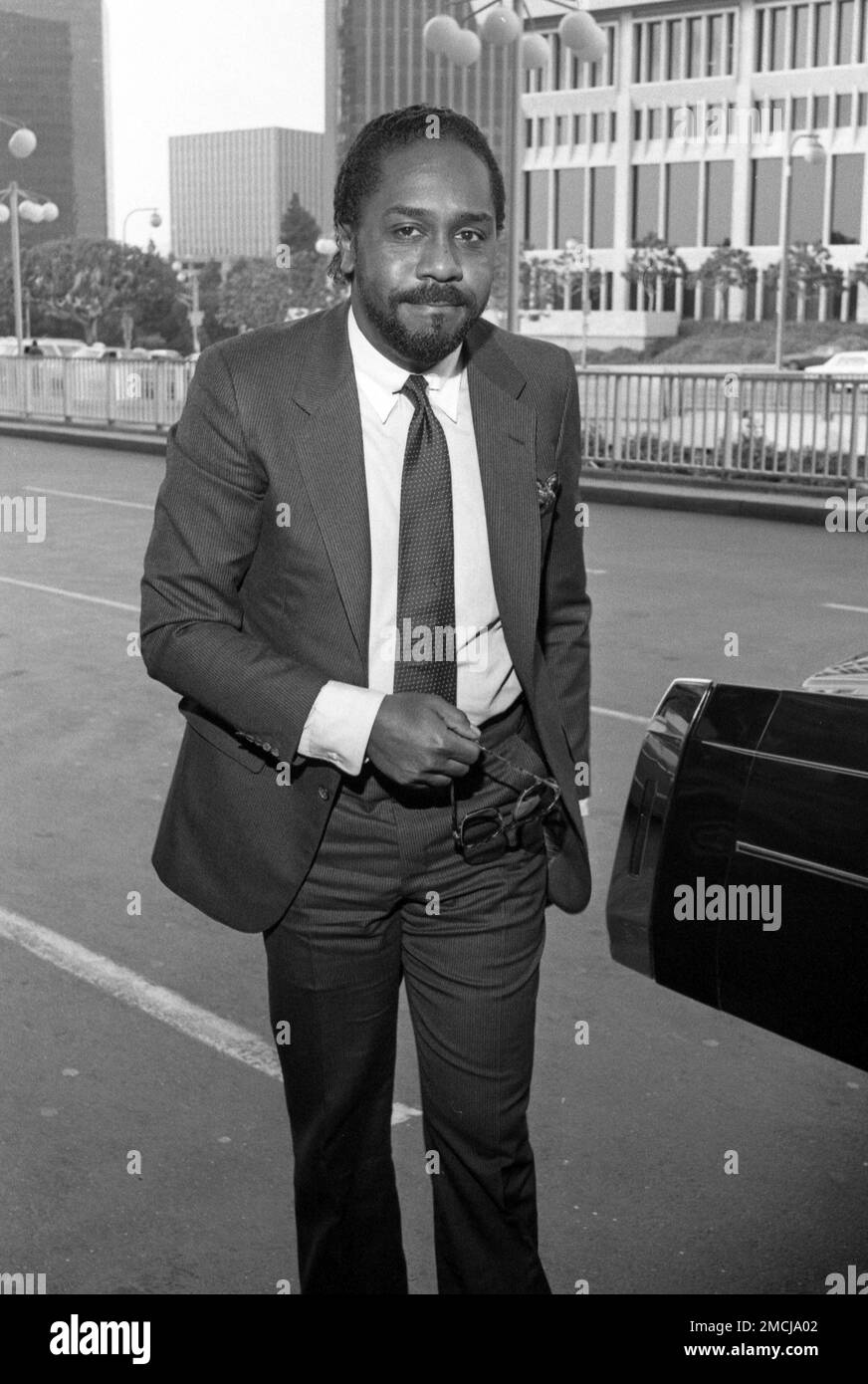What truly defines the legacy of a man whose work has influenced countless lives? Demond Wilson, widely recognized as Lamont Sanford from the iconic sitcom Sanford and Son, reflects on the passing of Norman Lear and how his mentorship shaped television history. A bold statement emerges: without Norman Lear's vision, much of modern sitcom storytelling might never have existed.
Demond Wilson’s journey extends far beyond playing Lamont Sanford. Born into modest beginnings, Wilson carved out a niche not only as an actor but also ventured into writing and spiritual enlightenment. His transition from mainstream entertainment to becoming an evangelist marked a significant chapter in his life. This transformation was not abrupt; rather, it stemmed from personal introspection and struggles with addiction during his peak acting years. In interviews, he candidly discusses leaving behind a $1,000-a-week cocaine habit and confronting the self-hatred that often accompanies fame. These challenges ultimately led him toward a path of faith and purpose.
| Bio Data | Details |
|---|---|
| Name | Demond Wilson |
| Date of Birth | March 23, 1945 |
| Place of Birth | Los Angeles, California |
| Spouse | Cicely Johnston (married since 1972) |
| Children | Two biological children and one stepchild |
| Profession | Actor, Writer, Evangelist |
| Famous For | Role as Lamont Sanford in Sanford and Son |
| Website Reference | Lacoya Forbes and DeMond Wilson's Wedding Website - The Knot |
Wilson’s career trajectory is nothing short of remarkable. After gaining widespread recognition for his role alongside Redd Foxx, he continued to explore diverse avenues within the entertainment industry. His tenure on “Sanford and Son” spanned six seasons, during which the show addressed racial issues with wit and humor, setting a precedent for future programming. Despite its comedic tone, the series tackled serious topics such as racism, poverty, and intergenerational conflict—themes close to Wilson’s heart.
As Wilson matured both personally and professionally, he began questioning the societal constructs surrounding politics and governance. During a candid discussion about the Trump presidency, he likened the United States to a corporation, emphasizing the limitations imposed upon leaders akin to CEOs. According to him, just like any executive adhering to corporate policies, even presidents must operate within predefined parameters dictated by larger systems. Such insights underscore Wilson’s evolving worldview post-entertainment.
His marriage to former model Cicely Johnston exemplifies longevity and mutual respect. Married since 1972, their union remains steadfast despite the pressures inherent in high-profile careers. Together, they have raised two biological children and embraced another through adoption. Their relationship serves as a testament to enduring partnerships built on trust and understanding.
In recent years, Wilson has embraced social media platforms to connect directly with fans. Through posts shared on X (formerly Twitter), he addresses contemporary issues while maintaining authenticity. Whether commenting on political discourse or extending holiday greetings, his messages resonate deeply with followers who appreciate his grounded perspective.
Wilson’s literary contributions further cement his status as a multifaceted individual. His book, The New Age Millennium: An Expose Of Symbols, Slogans And Hidden Agendas, delves into esoteric subjects, challenging readers to reconsider accepted narratives. Co-authored with Grady D. Wilson and Avaneda D. Hobbs, this publication invites critical examination of cultural symbols and underlying agendas shaping modern society.
Despite stepping away from traditional acting roles, Wilson remains engaged with audiences eager to learn from his experiences. He speaks openly about overcoming addiction, crediting spirituality for guiding him through turbulent times. By sharing these stories, he inspires others facing similar battles, reinforcing the belief that redemption and renewal are always possible.
The intersection of artistry and activism defines much of Wilson’s later work. As an evangelist, he leverages his platform to advocate for meaningful change. His sermons often incorporate lessons learned throughout his storied career, blending entertainment with education. This duality allows him to reach broader demographics, fostering dialogue across generations.
Reflecting on Norman Lear’s death, Wilson acknowledges the profound impact Lear had on shaping his career trajectory. Beyond mere professional association, Lear represented a mentor figure whose influence extended well beyond the confines of a television set. Through Lear’s guidance, Wilson discovered new ways to utilize media as a tool for social commentary—a lesson he continues to impart today.
Ultimately, Demond Wilson embodies resilience, adaptability, and unwavering commitment to growth. From starring in groundbreaking television shows to exploring theological concepts, his life story illustrates the power of reinvention. As he navigates various facets of identity, Wilson proves time and again that true success lies not merely in achievements but in the ability to inspire those around us.
For aspiring actors, writers, or anyone seeking purpose amidst chaos, Demond Wilson stands as a beacon of hope. His willingness to confront adversity head-on and emerge stronger serves as a powerful reminder of human potential. Regardless of where one finds themselves in life’s journey, there exists opportunity for transformation—if only we dare to seize it.


